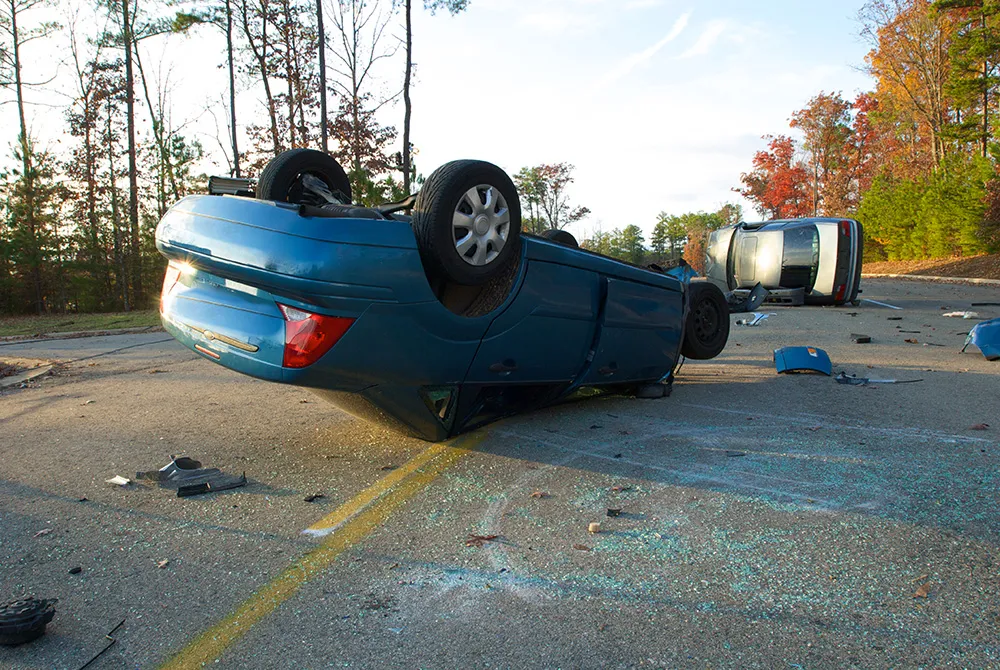Drivers under the influence of drugs present a major hazard to road safety, according to a new report. This publication is being highlighted by the Pan-European police agency,
Despite the risks from drivers using drugs, it is only in recent times that the problem has been properly analysed. One major project in Europe to study drug use by drivers and the effects this can have, the DRUID programme, has provided key information into the topic. The results of the DRUID programme have been compiled into this new report, showing the increased risks of crashes and collisions for drivers under the influence of drugs. The report also details the different effects of different types of drugs on driving performance, as well as localised trends towards the use of one type of drug or another in different geographic areas.
The report highlights a series of measures to help reduce drug use amongst drivers. The report also highlights the issues that give cause to the drug use in the first place.
The majority of countries have existing legislation with regard to the use of illegal drugs, and some also have laws relating to the use of both legal and illegal drugs while driving. The laws do vary from country to country however and also may vary with regard to driving, depending on whether the drugs are legal or illegal. Different penalties for offenders can apply too with regard to the degree of impairment of the driver.
Law enforcement agencies now have the benefit of access to improved systems for detecting use of drugs by drivers, which can also determine the types and quantities of drugs (legal and illegal) that have been taken.
There is better education for drivers through new awareness campaigns in many countries to highlight the dangers of driving under the influence of psychoactive drugs and to educate the public about the effects they can have and the consequences drug driving can lead to. These approaches can be targeted at those groups amongst which drug driving is known to be prevalent.
Rehabilitation and healthcare provide pathways for offenders to return to driving while also helping to reduce the likelihood of recidivism. Schemes vary from country to country and by the type of offender. Some forms of rehabilitation are handled primarily by driver licensing authorities, whereas others are more healthcare oriented.
Recommendations have been made based on those countermeasures and approaches shown to be most effective. One key issue is a zero tolerance system for illicit psychoactive drugs using the lowest limit of quantification that takes account of passive or accidental exposure. Another is that there should be more research into the effects of common psychoactive drugs on driving behaviour to ensure countermeasures are fit-for-purpose and keep in line with evolving behaviours. In addition there should be improved monitoring of drug use in traffic to gain more insight into its prevalence, development and trends. And police forces need to be properly trained in when and how to perform drug screening (such as preselection based on checklist, saliva test, confirmation test) field impairment tests and use of roadside screening devices. There should be targeted education and campaigns directed at high risk groups such as young males. And there should be the introduction of regulated assessment and rehabilitation based on criteria or common standards.
DRUID Programme
%$Linker:
The risk of drugged driving on Europe’s roads
Drivers under the influence of drugs present a major hazard to road safety, according to a new report. This publication is being highlighted by the Pan-European police agency, TISPOL, in a bid to improve road safety and cut casualties. The risk from driving under the influence of psychoactive drugs results in road fatalities and injuries from crashes right across Europe, according to the report. The problem related to both legal prescription medication, as well as illegal drugs. Both classifications can be
February 14, 2018
Read time: 4 mins







